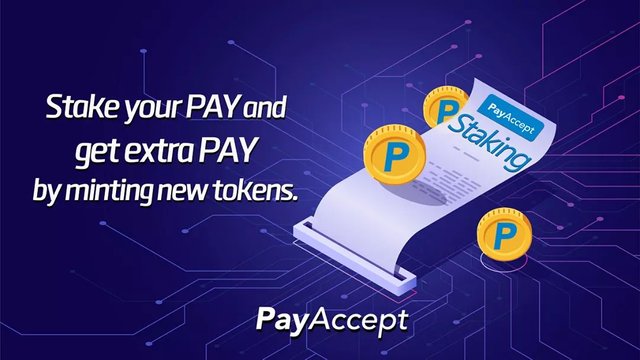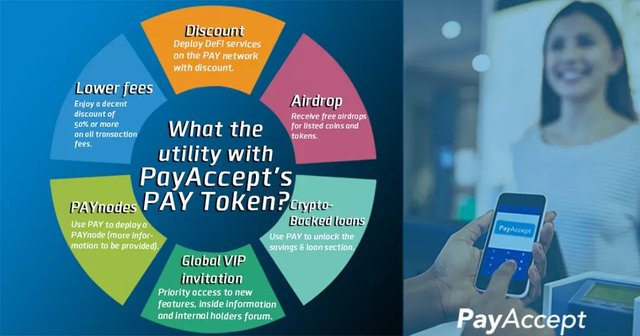
Introduction
The blockchain industry is clustered with people and enthusiasts who have garnered interest in the technology and cryptocurrency. The functionalities provided by the technology is fascinating in a way that the number of active users in the blockchain industry keeps increasing. Likewise, there is also a spike in the number of investors and companies flooding the cryptocurrency space. With such high traffic in the blockchain industry, the number of crypto assets is also increasing; there are over 5000 different types of cryptocurrencies, with the popular ones including Bitcoin, Ethereum, Dash, Litecoin, and Bitcoin Cash.
Just as traditional banks are capable of storing the assets of individuals, blockchain technology also has the function of saving the digital assets of customers in a crypto wallet. A client can gain access to a crypto wallet using a private key; this passcode enables every wallet owner to perform transactions within the wallet. There are different types of wallets such as hardware wallets, paper wallets, web wallets, and others. Each of the wallets is designed to have its unique functionalities. For instance, the hardware wallet encodes its private keys while one has to write down that of a paper wallet on a piece of paper. We have numerous wallet types, built on a different blockchain network, and compatible with different types of digital assets, and the PayAccept network has its wallet.
Then, what is the problem?
The private keys and wallets are usually assigned to a singular person to grant each access to manage and perform crypto-related transactions without the interference of the blockchain network or any third party. This is allowable for a sole-owned business, what about joint businesses and legal entities? Who gets to keep the private keys? This issue often creates a tussle among joint business owners and legal entities find it difficult when employees change over time.
Another problem is that most of the cryptocurrency wallets only support and compatible with specific assets or, at best, a few. This makes it difficult for investors in different blockchain network projects to manage all their assets. They may need to get multiple wallets to accommodate and manage all their cryptocurrencies. In the long run, this tends to cause such investor stress and may lead to errors in trying to manage all the assets in the various wallets.
With the interest of conventional banks in incorporating blockchain technology in their operations and processes, there is also a problem of integrating the blockchain industry and the traditional banking system. Most cryptocurrency wallets cannot store fiat currencies.

PayAccept Solutions
The PayAccept network is integrating the blockchain industry and the traditional bank systems. Clients on the PayAccept platform can seamlessly convert their crypto assets to the desired fiat currencies. Users can also conveniently save fiat currencies on their PayAccept wallet.
The PayAccept wallet is also compatible with over 50 cryptocurrencies including the most popular ones. This platform also allows users to store all their assets, both digital and fiat, in a singular currency of their choice.
PayAccept is the perfect solution for connecting the traditional bank system and the blockchain industry. It is also an impeccable platform to manage and monitor all your crypto assets.
USEFUL LINKS
Website: https://www.payaccept.net/
Telegram: https://t.me/payaccept
Twitter: https://www.twitter.com/payaccept
Btt Bounty Thread: https://bitcointalk.org/index.php?topic=5255787.0
Publishers Details
Bitcointalk Username : Chikibal
Bitcointalk profile link : https://bitcointalk.org/index.php?action=profile;u=2835296